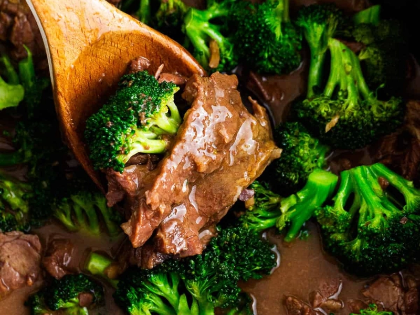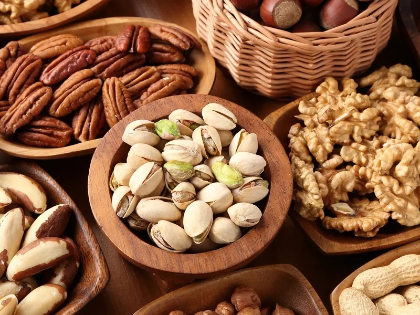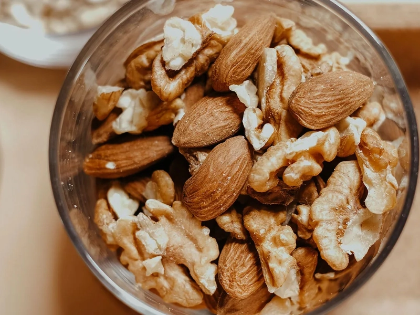Vitamin E and Heart Health: Protecting Your Cardiovascular System
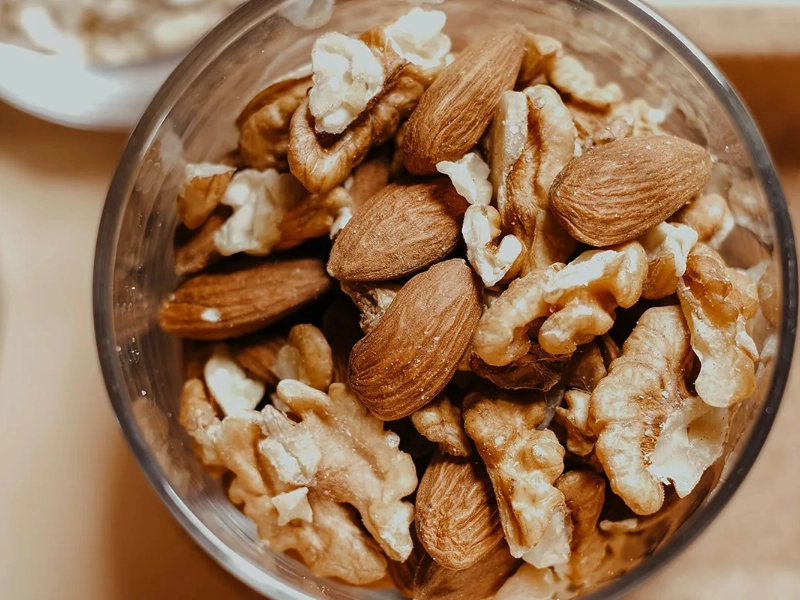
Advertisement
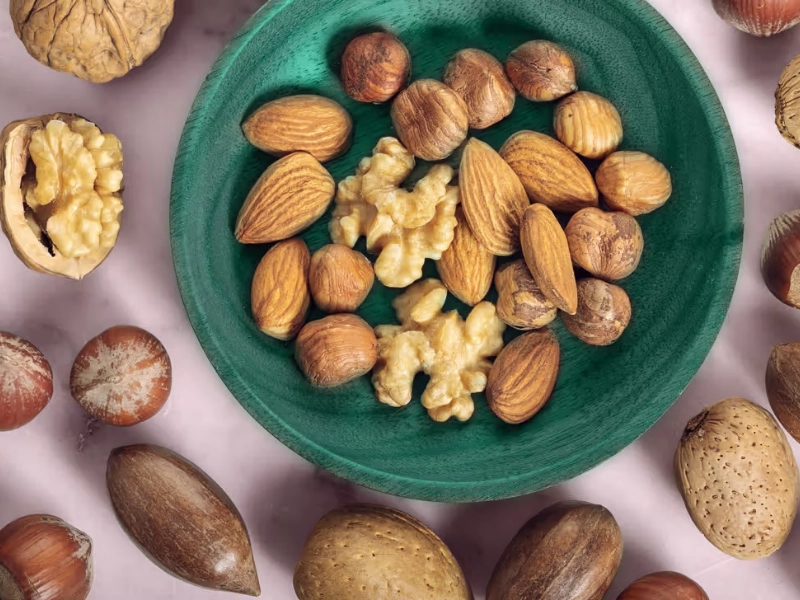 4. Supporting Levels of Cholesterol Heart function depends on maintaining appropriate cholesterol levels. Particularly by raising high-density lipoprotein (HDL) cholesterol, sometimes known as "good" cholesterol, vitamin E has been associated to improved lipid profiles. From the arteries, HDL cholesterol helps move extra cholesterol back to the liver for processing. Supporting appropriate cholesterol levels helps vitamin E may lower the risk of atherosclerosis and other cardiovascular illnesses.
5. Improving Blood Vaseline Performance Furthermore supporting blood vessel health is vitamin E. It preserves the integrity of endothelial cells, which line blood arteries and are absolutely vital in control of blood pressure and flow. Prevention of the onset of cardiovascular illnesses depends on a healthy endothelium. Ensuring enough vitamin E intake will help to support ideal blood vessel performance, so improving heart health.
4. Supporting Levels of Cholesterol Heart function depends on maintaining appropriate cholesterol levels. Particularly by raising high-density lipoprotein (HDL) cholesterol, sometimes known as "good" cholesterol, vitamin E has been associated to improved lipid profiles. From the arteries, HDL cholesterol helps move extra cholesterol back to the liver for processing. Supporting appropriate cholesterol levels helps vitamin E may lower the risk of atherosclerosis and other cardiovascular illnesses.
5. Improving Blood Vaseline Performance Furthermore supporting blood vessel health is vitamin E. It preserves the integrity of endothelial cells, which line blood arteries and are absolutely vital in control of blood pressure and flow. Prevention of the onset of cardiovascular illnesses depends on a healthy endothelium. Ensuring enough vitamin E intake will help to support ideal blood vessel performance, so improving heart health.
 6. Dietary Vitamin E Sources Since vitamin E is available in many foods, including some really simple items, including it into your diet is rather simple. Among the richest sources include seeds (like sunflower seeds), vegetable oils (such wheat germ and sunflower oil), almonds and hazelnuts, and green leafy vegetables (such spinach and broccoli). These foods will strengthen your cardiovascular system and help you meet your daily vitamin E needs.
7. Addition Issues Although eating foods high in vitamin E is the best way to get it, some people should think about taking supplements particularly if their diet fails to satisfy their needs. Before beginning any supplements, though, it is advisable to see a healthcare provider since too high vitamin E intake might cause side effects and might react with some drugs. A healthcare professional can guarantee that supplements are safe and effective for your particular health requirements and assist to decide the suitable dosage.
6. Dietary Vitamin E Sources Since vitamin E is available in many foods, including some really simple items, including it into your diet is rather simple. Among the richest sources include seeds (like sunflower seeds), vegetable oils (such wheat germ and sunflower oil), almonds and hazelnuts, and green leafy vegetables (such spinach and broccoli). These foods will strengthen your cardiovascular system and help you meet your daily vitamin E needs.
7. Addition Issues Although eating foods high in vitamin E is the best way to get it, some people should think about taking supplements particularly if their diet fails to satisfy their needs. Before beginning any supplements, though, it is advisable to see a healthcare provider since too high vitamin E intake might cause side effects and might react with some drugs. A healthcare professional can guarantee that supplements are safe and effective for your particular health requirements and assist to decide the suitable dosage.
 8. The Function of a Reasonable Diet Although heart health depends on vitamin E, one should keep a balanced diet including a range of nutrients. A diet high in fruits, vegetables, whole grains, lean meats, and good fats offers a complete method of promoting cardiovascular health. Combining vitamin E with other heart-healthy foods including fibre and omega-3 fatty acids will help to improve its preventive qualities and support general heart health.
9. Synopsis of Advantageous Results One great friend in maintaining circulatory system integrity and heart health is vitamin E. Its antioxidant qualities assist to lower inflammation, fight oxidative stress, and maintain normal cholesterol levels. Your cardiovascular health will improve and your risk of heart disease will be lowered by include foods high in vitamin E into your diet and keeping a balanced nutritional approach. A heart-healthy lifestyle must include vitamin E as embracing its advantages results in a better general condition and a stronger heart.
8. The Function of a Reasonable Diet Although heart health depends on vitamin E, one should keep a balanced diet including a range of nutrients. A diet high in fruits, vegetables, whole grains, lean meats, and good fats offers a complete method of promoting cardiovascular health. Combining vitamin E with other heart-healthy foods including fibre and omega-3 fatty acids will help to improve its preventive qualities and support general heart health.
9. Synopsis of Advantageous Results One great friend in maintaining circulatory system integrity and heart health is vitamin E. Its antioxidant qualities assist to lower inflammation, fight oxidative stress, and maintain normal cholesterol levels. Your cardiovascular health will improve and your risk of heart disease will be lowered by include foods high in vitamin E into your diet and keeping a balanced nutritional approach. A heart-healthy lifestyle must include vitamin E as embracing its advantages results in a better general condition and a stronger heart.
Advertisement

